Best Practices for Businesses and Restaurants in Composting

In today's world, embracing Best Practices for Businesses and Restaurants in Composting is not just a trend, but a critical step towards sustainability. For any food-related business, from cozy cafes to bustling bistros, understanding how to turn food waste into garden gold is a game-changer.
Composting offers a straightforward solution to the mounting problem of food waste, and it gifts the environment with a myriad of benefits.
In this guide, we'll walk you through the simple steps you need to follow to integrate composting into your daily business operations and make a positive impact on our planet.
1. Introduction
● A brief overview of composting and its importance for businesses and restaurants.
Composting is a key step in managing waste for businesses like restaurants. It turns leftover food and other organic waste into valuable fertilizer. This process helps our planet by reducing the waste that ends up in landfills.
When restaurants compost, they reduce their trash. They also create rich soil for growing more food. This means less waste and more resources for everyone.
Plus, customers often feel good about eating at places that care for the environment. Composting is a smart move for any business that deals with food.
● The environmental impacts of food waste.
Composting can help businesses and restaurants make a positive impact on the environment. This simple process turns leftover food and other organic waste into rich soil.
It cuts down on the trash that goes to landfills. Also, compost can be used to grow healthy plants. This is good for the planet.
When businesses compost, they show they care about the environment. Customers like this. It can even save money on waste disposal costs.
Plus, using compost can reduce the need for chemical fertilizers. This makes for safer, more natural food production.
2. Understanding Composting Basics
● What is composting and how does it work?
Composting is a simple and natural process. It transforms your kitchen and garden waste into valuable, nutrient-rich food for your garden. It's just like recycling.
Instead of sending your waste away, you turn it into something useful right at home. All you need is a bit of space for a compost bin and some patience.
● The science behind composting.
When we compost, we are helping to reduce waste that goes to landfills. Bacteria and other tiny organisms break down the scraps. They turn it into compost over time.
This compost is great for gardens. It helps plants grow better by improving the soil.
Plus, composting is good for our planet. It cuts down on harmful greenhouse gases by keeping food waste out of landfills.
3. Getting Started with Composting
● Assessing your business or restaurant's composting needs.
1. First, start by looking at the amount and type of waste you generate.
2. Determine what kind of composting system your business or eatery needs.
3. It's important to pick a system that can handle your specific waste output.
4. Also, think about where you'll place your composting setup. You'll need a spot that's easy to reach for dumping waste and for maintenance.
5. Decide if you want to manage the composting process on-site or have another company take care of it.
Remember, the goal is to turn your waste into something useful. This will reduce your impact on the environment.
● Choosing the right composting system
🌱
For Businesses
Selecting the ideal composting solution for a business requires careful thought. The system should match the business’s waste output. It should also fit into the existing workflow seamlessly.
Companies must aim for efficiency and sustainability in their composting practices. This move helps reduce waste and supports a greener planet.
🌱
For Restaurants
Restaurants face unique challenges when it comes to composting. They deal with a large amount of organic waste daily. Picking a composting system that handles this volume efficiently is crucial.
It should be easy to use by all staff members. Restaurants that compost reduce landfill waste. Composting can also cut disposal costs. This contribution benefits the community.
4. Composting Best Practices for Businesse
5. Composting Best Practices for Restaurants
● Evaluate Your Resources and Capacity
To accelerate the composting process with Reencle, adhere to these best practices:
6. Sustaining Your Composting Practice
7. Best Commercial Composting Methods
🌿 Vermicomposting
Vermicomposting is not just for home gardeners or small operations; you can also expand it for bigger business needs. The method uses bins filled with things like leftover food or cut grass.
You then add worms to the mix. These worms break down the material into nutrient-rich soil that’s great for plants.
Vermicomposting can be quick as sometimes it takes only two months to turn your waste into valuable soil. But when it comes to large-scale composting, this method may not be the most affordable or the easiest to handle.
🌿 In-Vessel Composting (IVC)
Each composting method comes with its own set of pros and cons, but in-vessel composting stands out for its cost-effectiveness in a commercial setting. It eliminates the biological constraints seen in aerated static pile composting and doesn't need the extensive space that windrow composting does.
To start, you shred and mix organic material before placing it into a specialized composting machine. This unit precisely manages the temperature, moisture, and airflow. It also mixes the compost, making sure it breaks down evenly.
🌿 Static pile composting
Static pile composting is a highly efficient method for commercial composting companies. In just three months, organizations can produce compost at a large scale without incurring high overhead costs.
8. Advantages: Best Practices for Business and Restaurants in Composting
🌿 1. Reduces waste footprint
🌿 2. Enhances soil quality
🌿 3. Cuts disposal costs
🌿 4.Supports local agriculture
🌿 5.Minimizes greenhouse emissions
🌿 6.Fosters sustainable practices
🌿 7.Encourages community engagement
🌿 8.Saves natural resources
🌿 9.Attracts eco-conscious customers
🌿 10. Extends landfill lifespan
9. Disadvantages: Best Practices for Business and Restaurants in Composting
🌿 1. Initial setup costs
🌿 2. Demanding labor intensity
🌿 3. Attracts pest animals.
🌿 4.Odor management challenges.
🌿 5.Space utilization concerns.
10. Conclusion
As you have explored throughout this guide, adopting Best Practices for Businesses and Restaurants in Composting is instrumental in propelling your establishment toward sustainability and environmental responsibility.
From reducing waste footprint to saving on disposal costs and attracting eco-conscious customers, the benefits are multifaceted. Leveraging composting practices not only bolsters your brand's green image but also contributes significantly to the local community and global environmental goals.
I encourage businesses and restaurant owners to take this step forward; start small, educate your staff, and become part of a movement that prioritizes our planet's health.
Your commitment to composting today sows the seeds for a greener, cleaner, and more sustainable tomorrow. Join the composting revolution and witness how these best practices can transform your business and make a positive impact on the world.


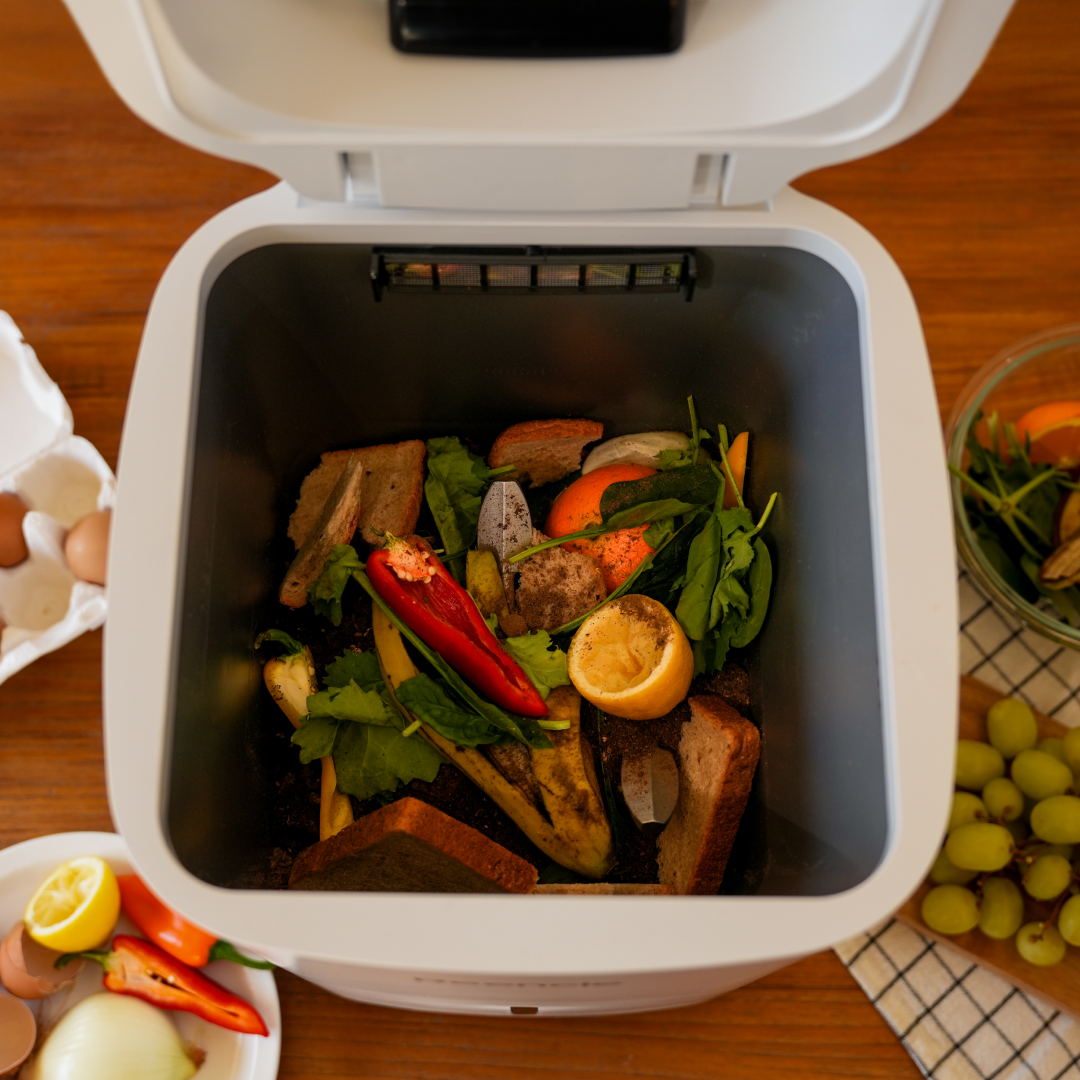
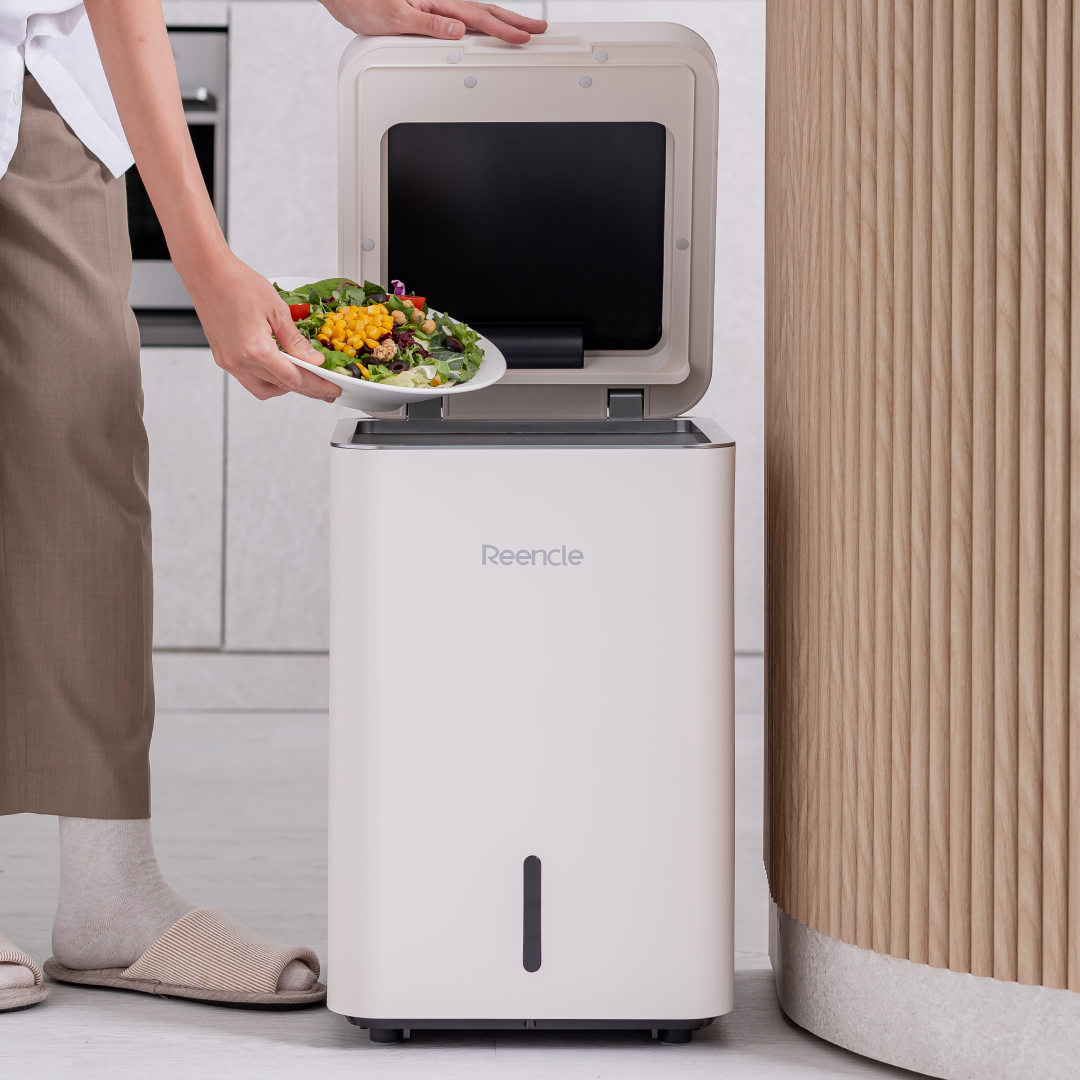

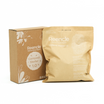






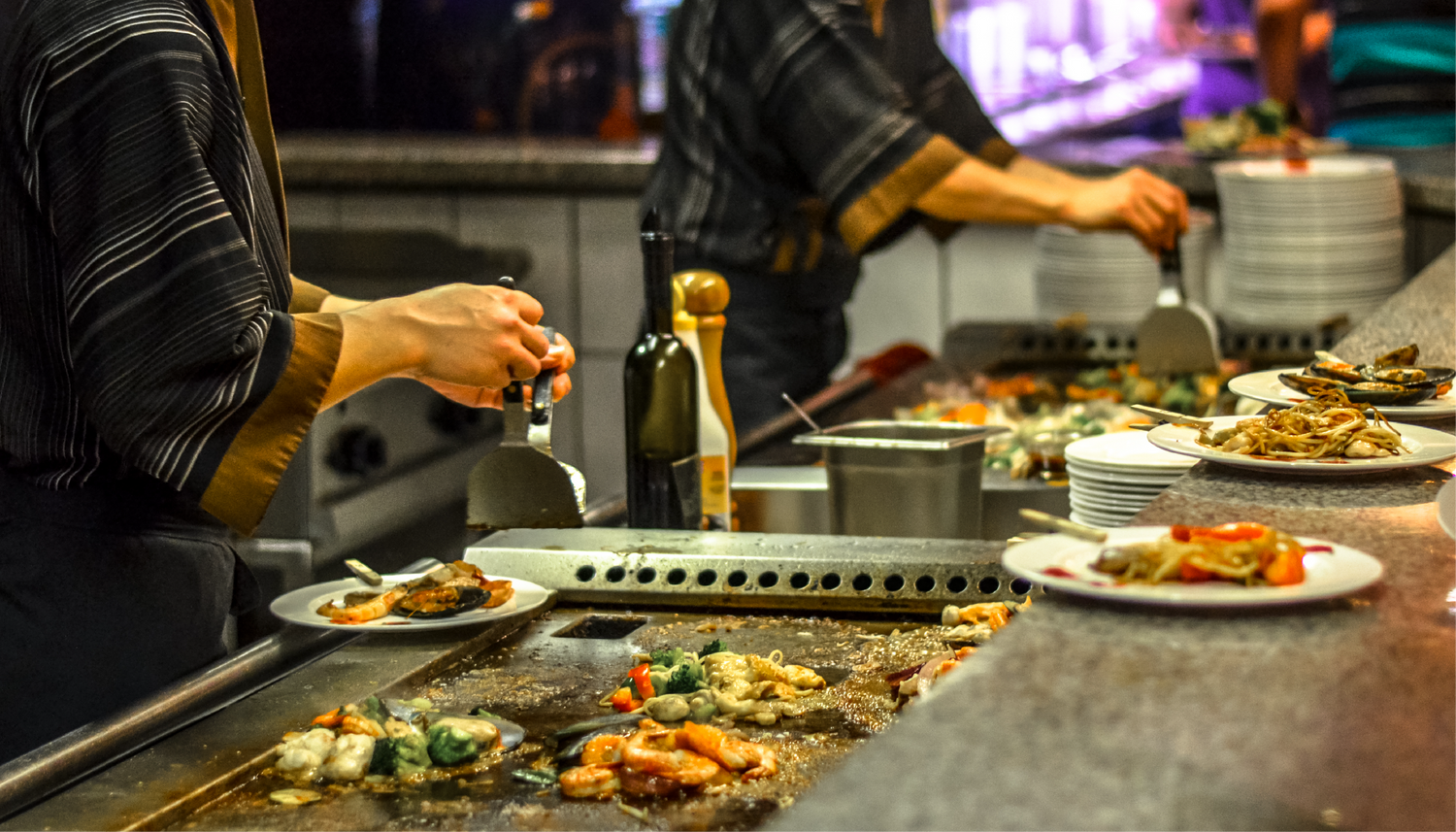
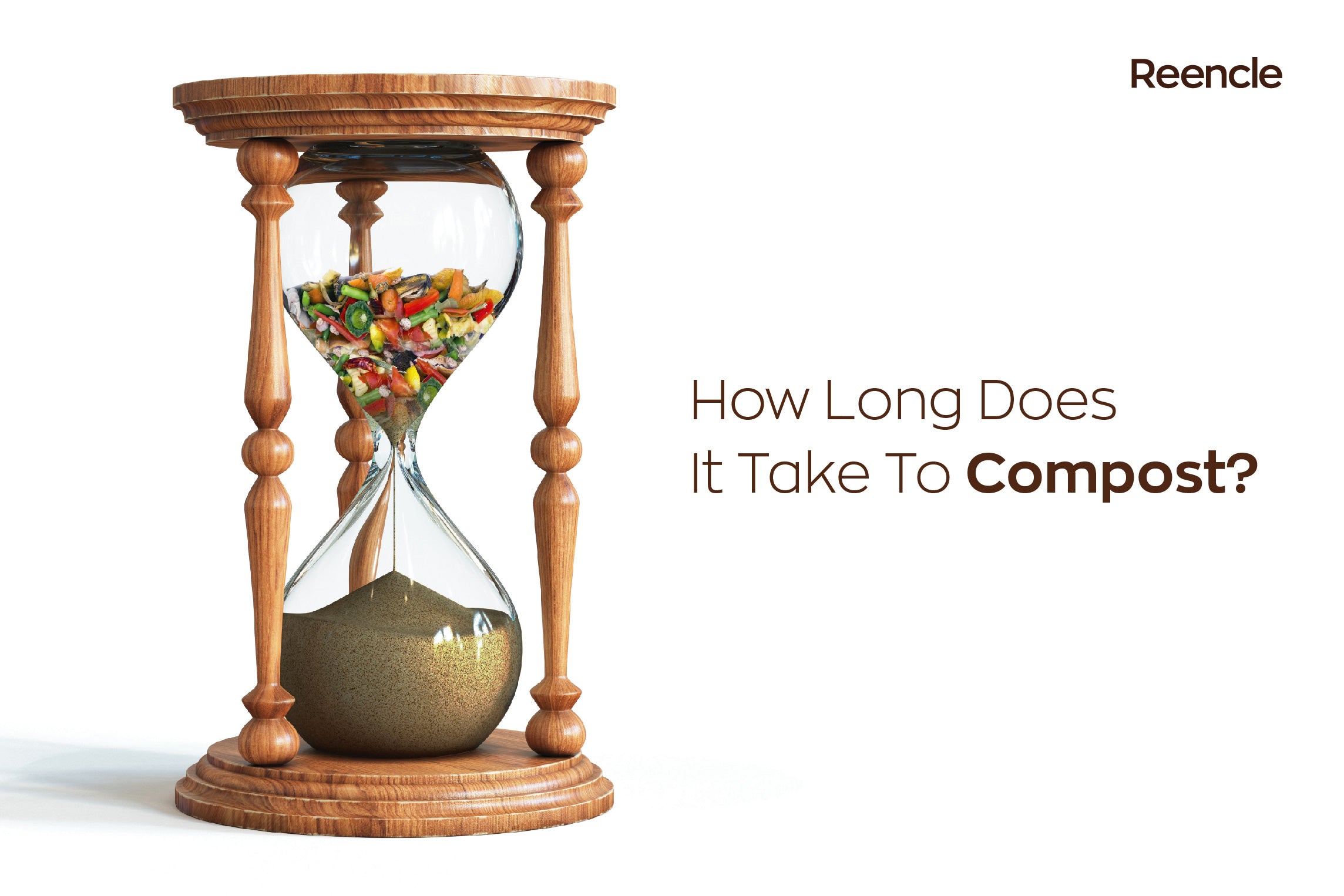
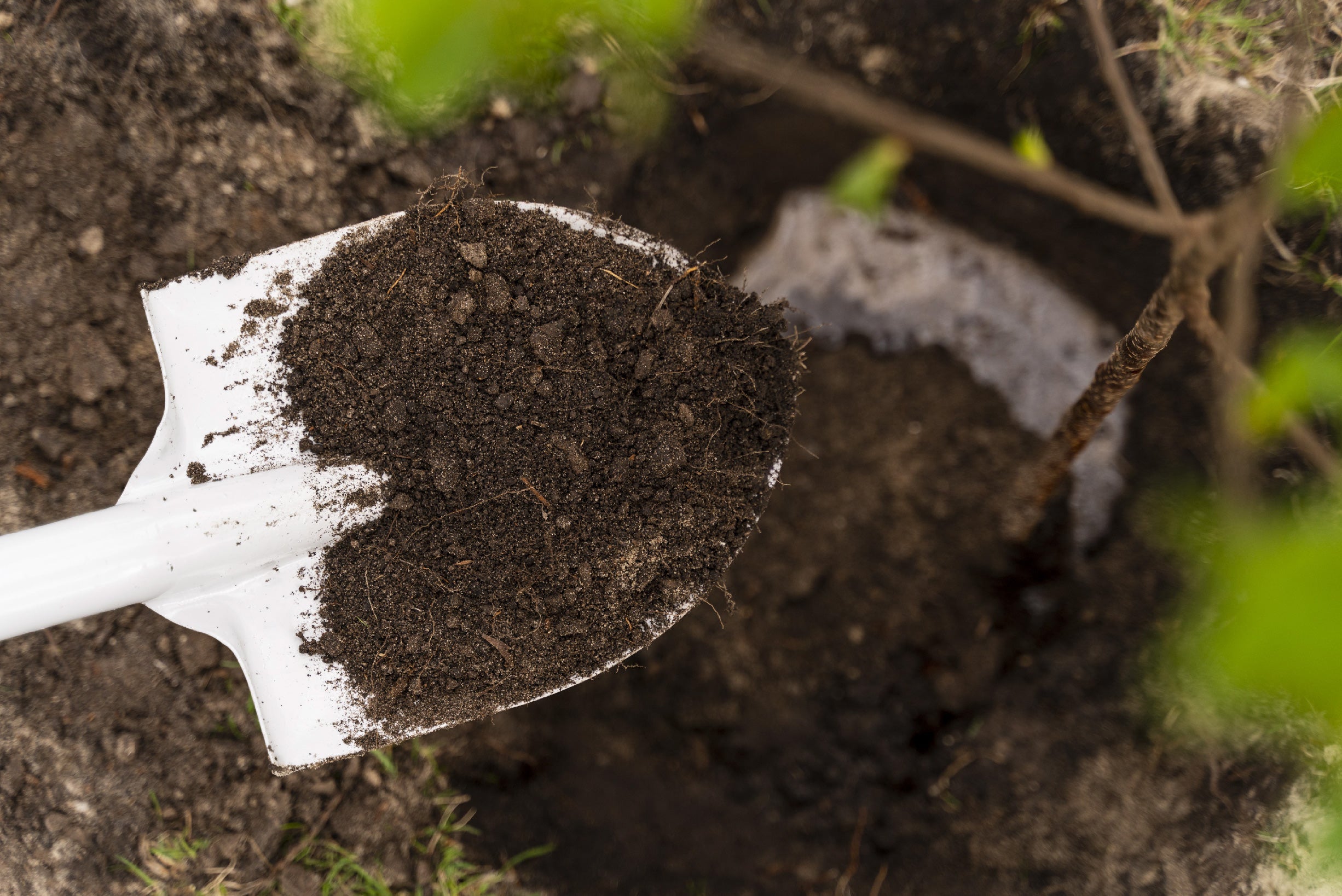



Leave a comment
This site is protected by hCaptcha and the hCaptcha Privacy Policy and Terms of Service apply.